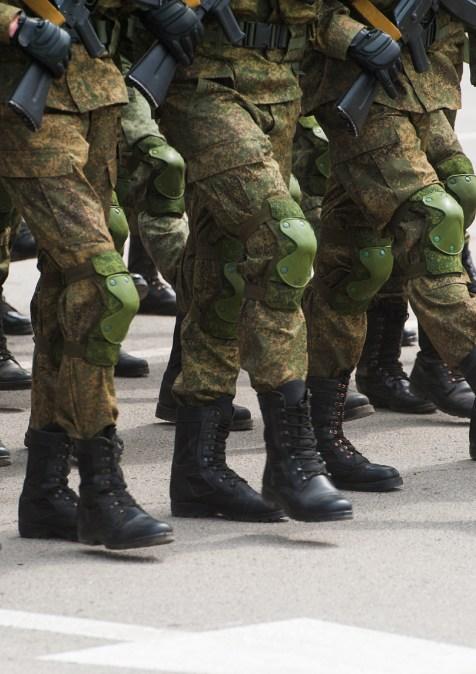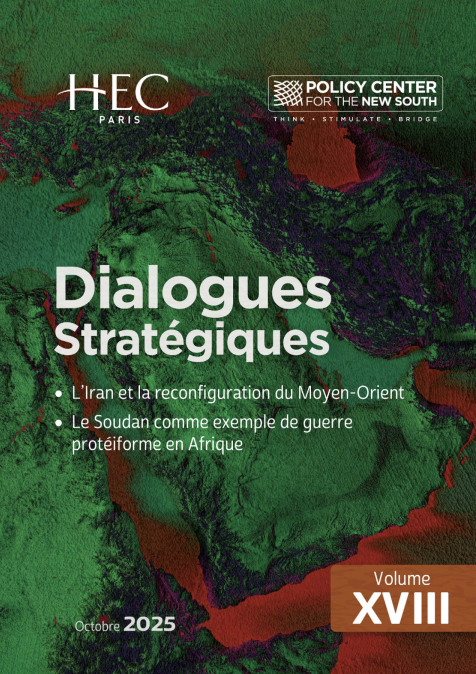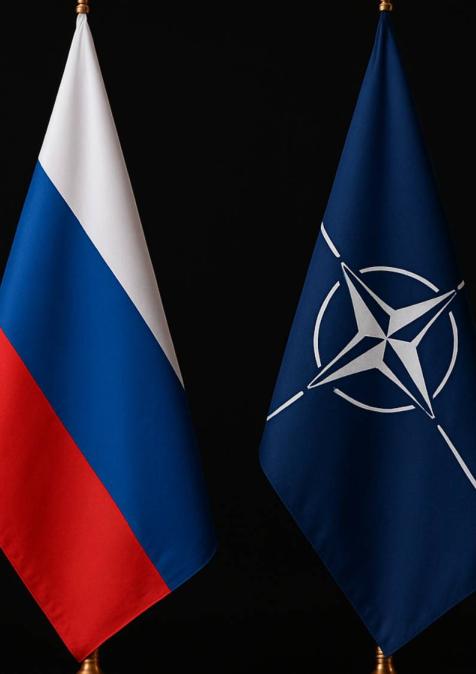Publications /
Opinion
The author is an alumna of the 2018 Atlantic Dialogues Emerging Leaders program
The success of a Spanish far right party, Vox, wining 12 seats as a result of the regional elections in Andalucía, made the headlines in December 2018. The triumph of Vox was even more remarkable, as the party has gained 395.879 votes, in comparison to 18.017 received in 2015 elections. Marie Le Pen and Geert Wilders, leaders of other European far right parties rushed to congratulate Santiago Abascal, one of the founder and current leader of Vox. Since the end of dictatorship of Franco in 1975, far right political parties and movements did not have a significant public support. What has therefore led to such an exponential growth?
Context for the Rise of Vox
Since 2017, a convolution of internal developments in Spain and external factors helped Vox to gain momentum. One of the most significant has been the political crisis in Spain, and, above all, an internal crisis within Popular Party (PP), which has been governing the country since 2011. A number of corruption scandals, involving high level members of PP, led finally to the downfall of the PP´s government in June 2018. Vox has skillfully taken advantage of the decreasing PP´s popularity. Indeed, when analyzing the votes gained by the party in the regional elections in Andalucía, 45% of them came from previous electorate of PP. Another important element has been a high abstention rate of the electorate of the left. This correlates with a general growing disillusion with politics of Spanish society. According to polls conducted by the Centre for Sociological Research (CIS) on the principal preoccupations of Spanish citizens, the second and third one are “politics, political parties and policy makers” and “corruption” (receiving 29.4% and 23.1% of responses respectively)1. In the political landscape, Vox is positioning itself as an alternative and “salvation” for Spain, promising its “reconquest”.
This term is also applied by the party in relation to other important development in Spain in recent years – a Catalan crisis. The Catalan quest for independence has led to an increased polarization of Spanish citizens, as well as, to a certain extent, a growing radicalization both on the left and right side of political landscape. Vox has been accusing both PP and PSOE of not properly managing the crisis. The party presents itself as a firm defender of Spanish territorial unity and rejects Spain´s decentralized system. In its “100-point program for Spain”, “Spain, unity and sovereignty” is a first chapter and the very first points of the program are “Suspension of Catalan autonomy” and “Illegalization of parties, associations or NGOs that pursue the destruction of the territorial unity of the Nation and its sovereignty”.
Immigration Discourse
Increased influx of migrants to Spain since 2017 may have also brought water to the Vox´s mill. While the number of irregular migrants to Europe through Eastern and Central Mediterranean routes has significantly fallen, mainly due to the EU-Turkey deal and Italy-Libya Memorandum of Understanding, the Western Mediterranean route has become the most active route of irregular migration. Between January 2018 and December 2018, over 60.643 irregular migrants arrived to Spain. And although immigration seems not be the biggest preoccupation of Spanish citizens (8.8% of responses), in Andalucía, with 21.3% of unemployment rate, this may have factored in Vox´s success. Since its creation, Vox has developed a strong anti-immigration discourse. The third chapter of its 100-point program is devoted to the topic, with such proposals as deportation of illegal migrants from Spain to their countries of origin, prosecution of NGOs which help migrants to arrive to Spain, as well as establishment quotas, privileging nationalities who share language, friendships and cultural ties with Spain.
In Vox´s discourse, immigration is also frequently linked the Islamic fundamentalism, which the party considers as one of the biggest external threats to Spain. In order to stop “Islamic migration” to Spain, Vox advocates for “closing fundamental mosques” and “strengthening the borders” through the construction of an “insurmountable wall” along the borders of Ceuta and Melilla, Spanish exclave cities.
After the undeniable success in Andalucía, one can thus think whether this victory was punctual or whether there is still a room for growth for Vox. In other words, how far can the Spanish far right party go?
What to Expect from the General Elections?
Indeed, since the end of 2018, Santiago Abascal did not slow the pace and his ambition now is to repeat the success in Spanish general elections, to be held on 28 April. According to various polls conducted ahead of Spanish national elections, Vox can gain between 7% up to 14% of votes. The following weeks will therefore be decisive for the party to consolidate its electorate. Often omitted in leading Spanish TV channels, the party seems to invest its efforts in direct meetings, and, above all, social media. The increased use of this tool of communication can also mean that Vox is trying to diversify its usual electorate (mostly men of more than 60 years old) and aims now to attract the attention of younger voters. With more than 228 thousand followers on Instagram, one of the most popular social media among the youth, it seems that Vox has hit the mark.
In addition to the national level, Vox has been also increasing its outreach and building alliances on a regional level. In January 2017 Santiago Abascal has attended a gathering of European far-right parties´ leaders in Koblenz, aiming to close ranks ahead of future elections. All parties share anti-imigration discourse and defend national sovereignty against EU “dictatorship”. In one of its discourses, Abascal has praised French Rassemblement National, for “defending the right of the nations to decide about their future, against a model of savage globalization, which tries to impose multicultural societies and ruins the middle classes”.
Spain First?
It is worth noting that Europe and international relations do not constitute a priority for Vox. The party dedicates few paragraphs to this topic in the last chapter of its 100-point program, advocating among others for “increasing the weight of Spain in decision-making in Brussels”, as well as, more importantly “promote bilateralism in international relations, abandoning supranational organizations if they are contrary to the interests of Spain” and “re-evaluate the Spanish contribution to these organizations”.
Nevertheless, the French Rassemblement National, the Italian League, the German AfD, Dutch Party for Freedom and other European far right parties have welcomed Abascal with arms wide open, hoping that his success in Spain will repeat in May elections to the European Parliament and will strengthen the “Europe of Nations and Freedom” (ENF) group at the Parliament and challenge pro-European groups. So far, according to the polls, the group could count with 60 deputies. Nevertheless, this can still change and much will depend on the votes to Vox. The very first projection of whether the ENF could still grow will be given on 28 April, in Spanish national elections.
------------------------------------------------
1Data from February 2019. The first preoccupation of Spanish citizens is unemployment (60.6% of responses). The respondents are asked to select up to three things that preoccupy them. Data retrieved from http://www.cis.es/cis/export/sites/default/-Archivos/Indicadores/documentos_html/TresProblemas.html









